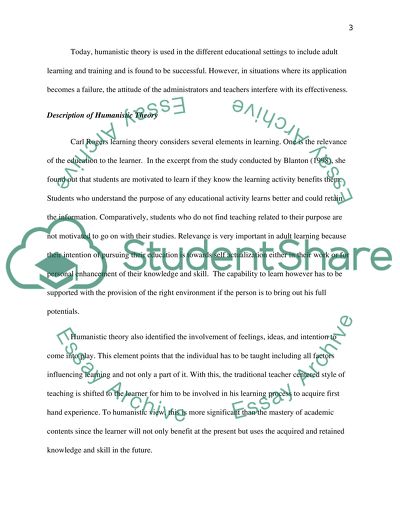Cite this document
(“The Humanistic Theory of Carl Rogers Research Paper”, n.d.)
Retrieved de https://studentshare.org/humanitarian/1392179-research-paper
Retrieved de https://studentshare.org/humanitarian/1392179-research-paper
(The Humanistic Theory of Carl Rogers Research Paper)
https://studentshare.org/humanitarian/1392179-research-paper.
https://studentshare.org/humanitarian/1392179-research-paper.
“The Humanistic Theory of Carl Rogers Research Paper”, n.d. https://studentshare.org/humanitarian/1392179-research-paper.


